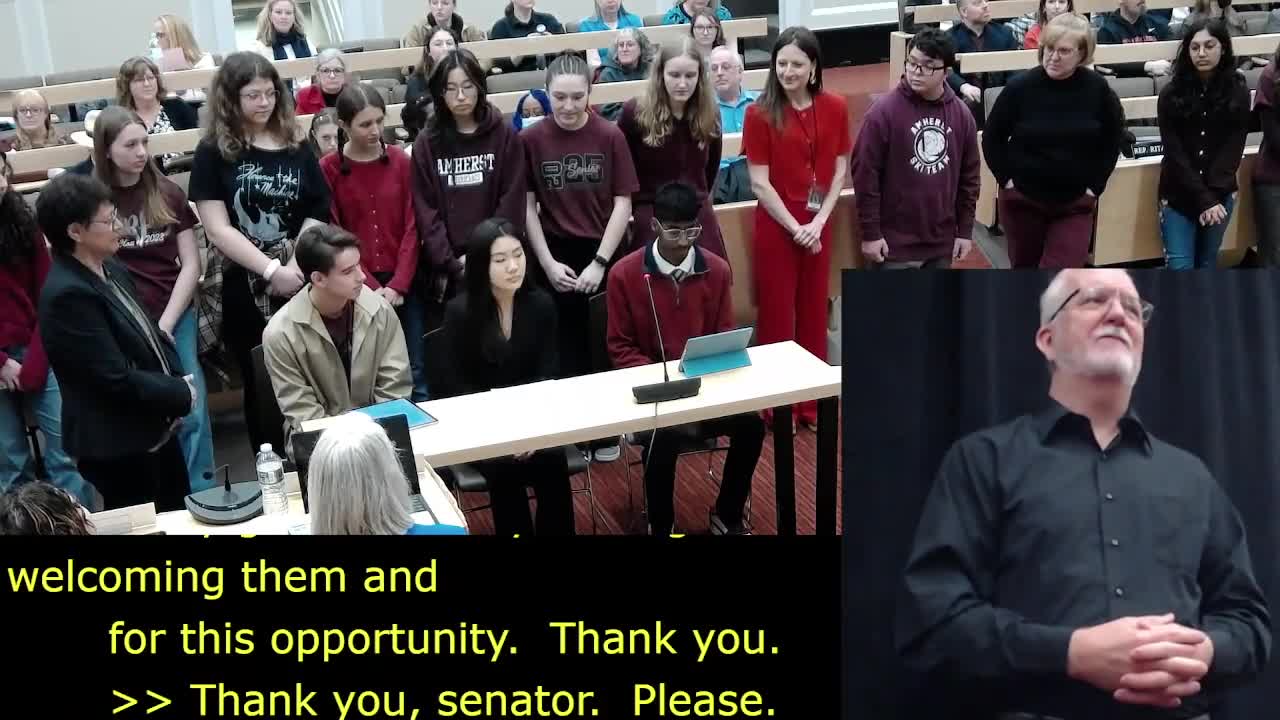Article not found
This article is no longer available. But don't worry—we've gathered other articles that discuss the same topic.
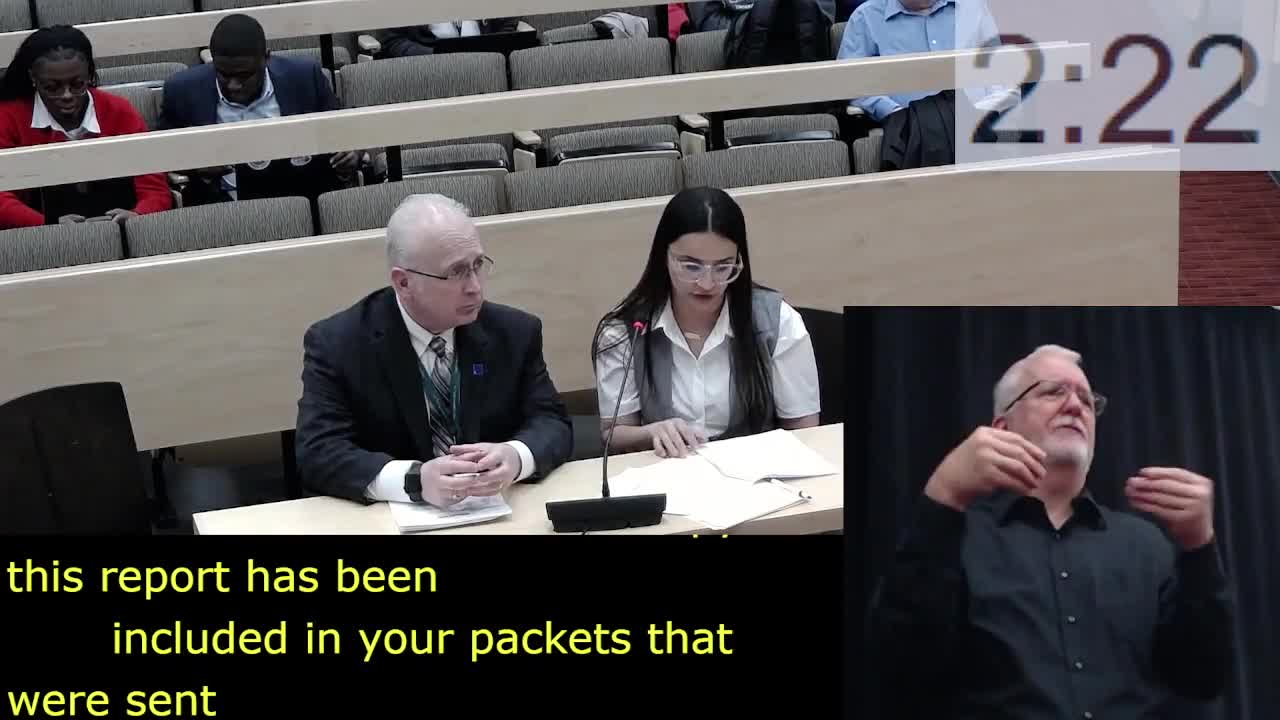
Deaf and hard-of-hearing advocates ask for $2M to modernize statewide interpreter and CART referrals, expand housing and training
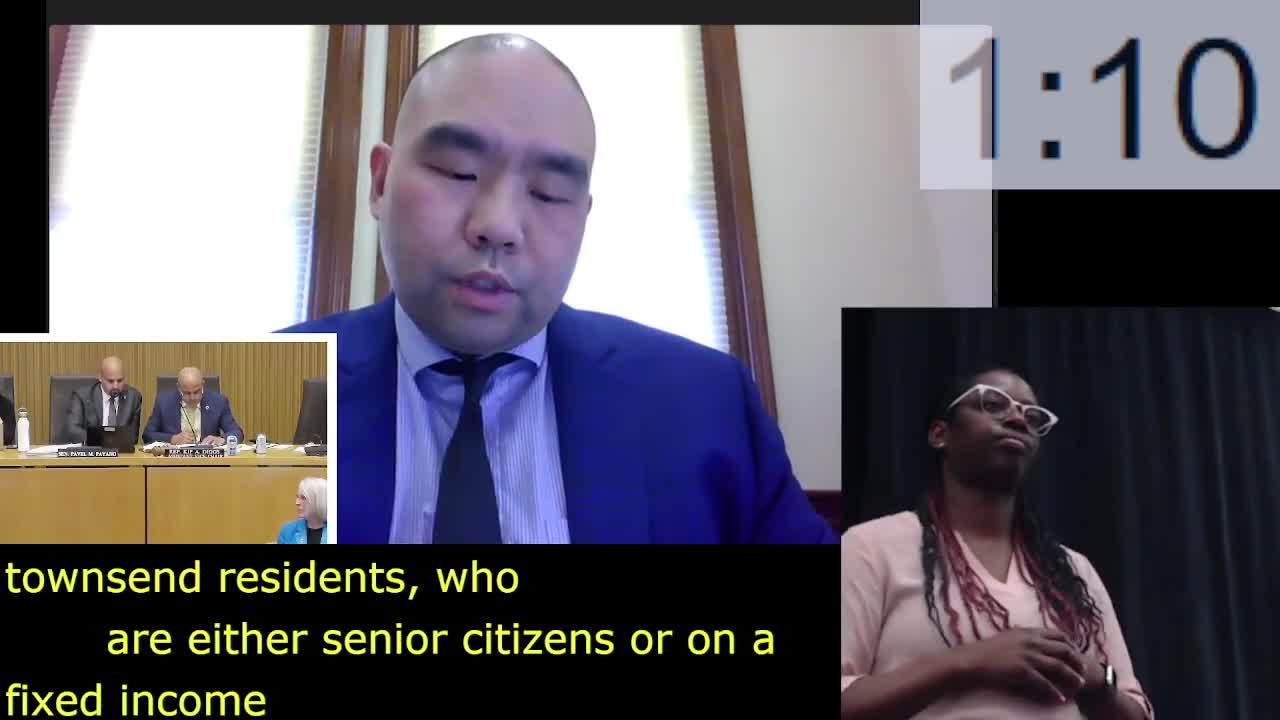
Farmers, food banks and advocates ask state to restore Healthy Incentives and bolster emergency food funding
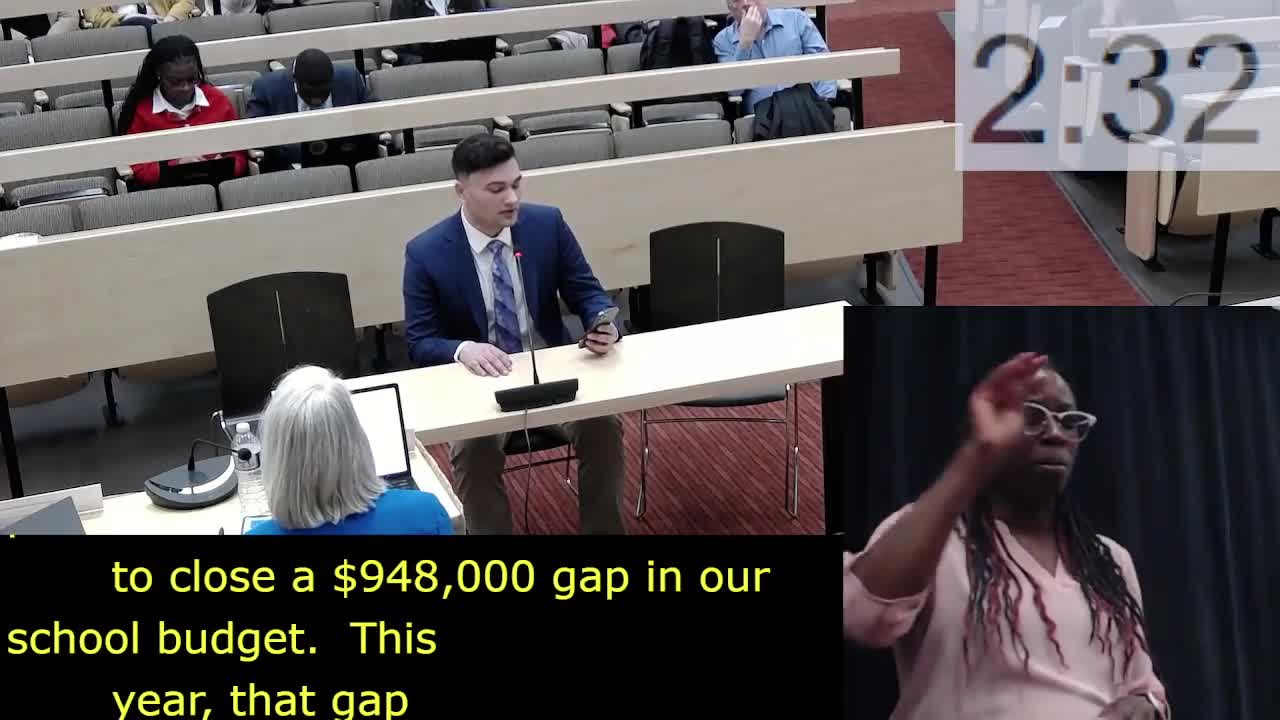
Municipal leaders and advocates urge Ways and Means to fund MRVP, HomeBASE and RAFT to avert more homelessness
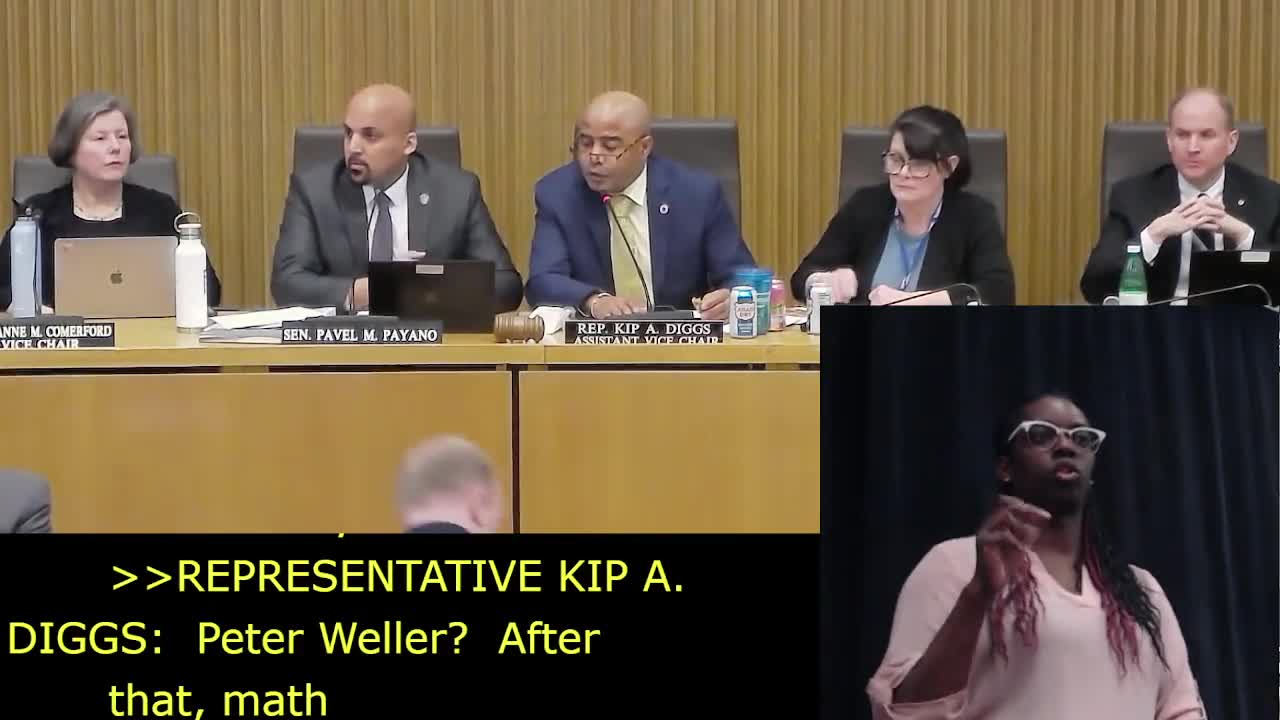
Parents and providers urge Ways and Means to halt DMH cuts, warn closure of Pappas and Pacasset would worsen crisis
